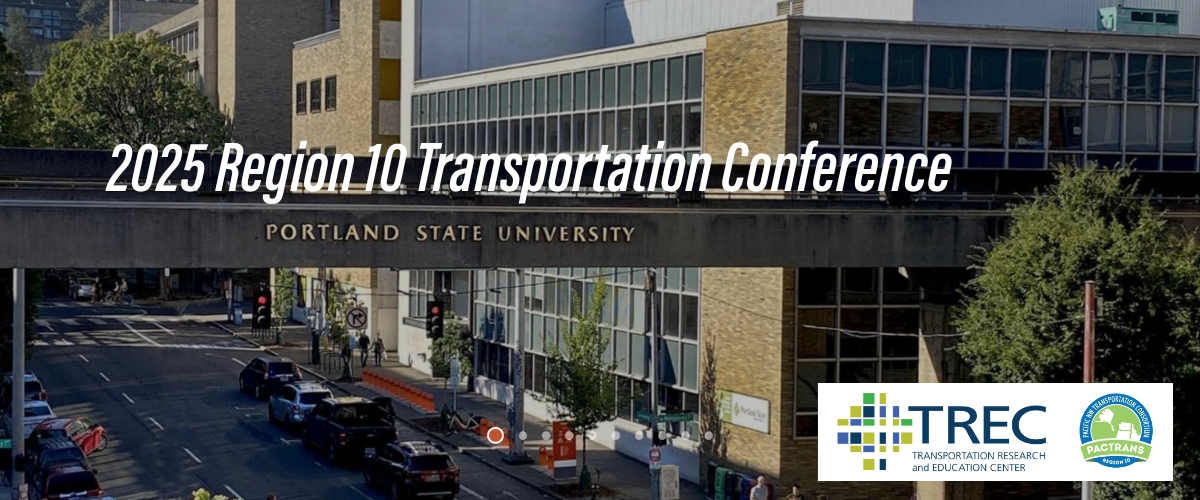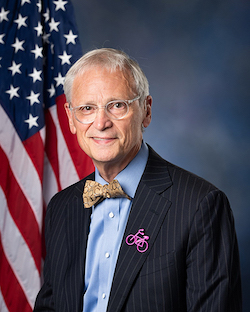Join us for a three day introductory in-person workshop on R
September 10–12, 9:30am - 4:30pm
Tired of finding errors in your spreadsheets that perpetuate and cascade through your work? Still trying to cram “big” data into tiny worksheets? Wish you had an easier way to easily share data and results with others? Want to better manage and maintain your workflow? Always wanted to learn R and version control but never found the time? If any of your answers are yes, then this course is for you!
After several years of hiatus, we are excited to host an "Intro to R" workshop where we will cover the following:
- Coding and scripting basics
- Intro to data wrangling and visualizations
- Version control & best practices
- Where to go for help and how to expand your skills
Prerequisites for the Workshop
Basic knowledge and experience working with quantitative data; experience and skills in a different programming language or data processing and statistical software is helpful but not required.
Course Requirements
Please bring your own laptop and have the following software installed prior to the workshop. If you are using a work machine, please make sure you have reached out to your IT department to have these programs installed:
- R
- RStudio (there is a link that will take you to download R)
- Git
- JDK 21 (Windows users: suggest "Install just for you" installer option)
Registration Information
If your agency is a member of TransPort and based in Oregon, or a listed organization below, registration is free for the first 15 seats. Use this link to register.
TransPort members & CBO/workforce organizations: ODOT, TriMet, Metro, Clackamas County, Multnomah County, Washington County, City of Portland, FHWA, Port of Portland, City of Beaverton, City of Gresham, City of Hillsboro, City of Lake Oswego, City of Tigard, City of Wilsonville, The Street Trust, Verde, APANO, Division Midway Alliance
General Registration: Use this link to register.
- General: $425
- Non-profit and community-based organizations: $150
- PSU Student: $15
Professional Development
This three-day workshop is eligible for 18 hours of professional development credit for AICP (see our provider summary). We can provide an electronic attendance certificate for other types of certification maintenance.
Instructors
Joe Broach, Adjunct Research Associate
Joe Broach is a Research Associate with the Transportation Research and Education Center (TREC), an Instructor in the School of Urban Studies and Planning at Portland State University, and a Senior Researcher and Modeler at Metro (MPO). His work primarily focuses on transportation data, behavior, and modeling, and he helped design the Portland region's next-generation bicycle model in conjunction with Metro.
Tammy Lee, Transportation Data Program Administrator
Tammy is working on a variety of projects for TREC, including documentation, data synthesis, analysis, and visualization supporting ongoing work with PORTAL and Bike-Ped Portal. Tammy received a BS in Genetics & Plant Biology from UC Berkeley before earning a PhD in Environmental and Natural Resource Sciences from WSU. Prior to joining TREC she worked as a data scientist for a political digital media consulting firm. When not working she's either hiding in the forest or experimenting in the kitchen.
Portland State University's Transportation Research and Education Center (TREC) is home to the U.S. DOT funded National Institute for Transportation and Communities (NITC), the Initiative for Bicycle and Pedestrian Innovation (IBPI), PORTAL, BikePed Portal and other transportation grants and programs. We produce impactful research and tools for transportation decision makers, expand the diversity and capacity of the workforce, and engage students and professionals through education and participation in research.



 For more than 50 years, Earl Blumenauer has dedicated his career to building livable communities: places where people are safe, healthy, and economically secure. In 1996, Earl was elected to the US House of Representatives. During his 28 years in Congress, he developed a reputation for approaching controversial issues in a way that breaks through gridlock and brings people together around common-sense solutions.
For more than 50 years, Earl Blumenauer has dedicated his career to building livable communities: places where people are safe, healthy, and economically secure. In 1996, Earl was elected to the US House of Representatives. During his 28 years in Congress, he developed a reputation for approaching controversial issues in a way that breaks through gridlock and brings people together around common-sense solutions.

